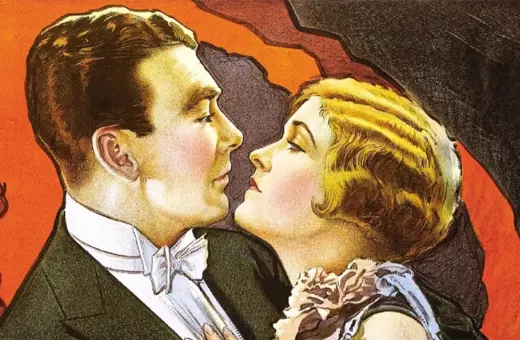Many feel that true friendships have been devalued in our digitized society, with studies reporting that people have fewer and fewer close friends. But for philosopher Mark Phelan, this is an opportunity. Rather than lamenting the loss of true friends, and lauding them as the ultimate goal, we need to embrace lesser, more casual friendships for their experimental nature. They can teach us to be more playful in life and break free from those cultural frameworks that keep us locked un our comfort zone.
We may be forgiven for thinking that friendship has been devalued these days. Pop songs by superstars like Taylor Swift describe casual sexual partners as “friends.” We speak of governors as having a friend in the White House or evangelicals as having a friend in the Republican party. Facebook insists that we publicly avow friendship to everyone we have ever known. A deeper and more lasting kind of interpersonal bond — one based on privately shared ideals — seems to have been replaced or crowded out by something shallower and more fleeting. Friendship, the critic William Deresiewicz argues, has gone “from a relationship to a feeling — from something people share to something each of us hugs privately to ourselves in the loneliness of our electronic caves.”
___
In everyday life we commonly use the word ‘friend’ flexibly without causing any confusion.
___
But has friendship really changed? Friendship always has been a concept that covers a broad spectrum of relationships, including those that are quickly and lightly formed. Aristotle, whose discussion of friendship in the Nicomachean Ethics has proved definitive, distinguished several types of friendship, from significant enduring relationships between people who understand one another’s character, to friendships of utility, such as a Governor might have with the President, and friendships of pleasure, such as a pop star might have with her latest fling. Indeed, text databases such as Google Books suggest that, for more than a century, friendship has been one of the most common things one might ‘strike up.’ And in everyday life we commonly use the word ‘friend’ flexibly without causing any confusion. If you describe a close confidant you have known since high school and the person with whom you are currently engaged in a merely sexual relationship as your ‘friends,’ you can reasonably expect any listener to understand your meaning. On the other hand, if you describe the person with whom you are currently engaged in a merely sexual relationship and the person with whom you have invested a large sum of money as your ‘partners’, expect some bewildered stares.





















Join the conversation